SCAN Options
As a SCAN student, you will not have English classes. In order to replace them, you will choose two electives per semester.
These are called SCAN Options (which is deceiptive because they are not quite optional... but a lot of fun anyway!)
There are two main types of options, the ones more oriented towards culture, science, and overall broadening your course ; and there are the ones that allow you to take part in the organization of the SCAN Section. Here are a the options you could have during semester 1 and 2.
I. Culture, science and communication:
Film studies (Prof: Gonzalo SUAREZ LOPEZ)

This module provides a critical introduction to cinema, to the “grammar” of audiovisual language and to the notions and problems specific to films, whether fictional, animated, documentary or other. In the span of six weeks, we aim at:
- understanding “the film code” by studying short films and extracts and focusing on what we perceive on the screen, consciously and unconsciously. We will also watch one or two feature films at the cinema Zola together with other INSA students.
- practicing critical thinking to better identify the elements that make up a film coherent and successful (or not). In small groups, we will record one or two radio shows on the feature films we will watch.
Cognitive Science: Mind, Brain and Behaviour (Prof: Lorna Fitzpatrick)
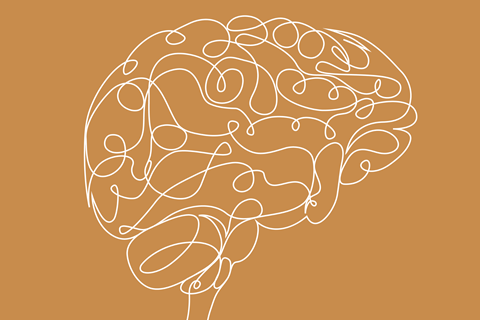 The goal of cognitive science – and of this course – is to understand how the mind works. Trying to understand our own minds is perhaps the most ambitious and exciting (and difficult) project in all of science. As well as a brief synthesis of the relevant theory, we will look at the results of the experimental methods from psychology and language studies so as explore the nature of mental processes such as perception, reasoning, memory, attention, language, intelligence, decision-making, morality — and even love and attraction.
The goal of cognitive science – and of this course – is to understand how the mind works. Trying to understand our own minds is perhaps the most ambitious and exciting (and difficult) project in all of science. As well as a brief synthesis of the relevant theory, we will look at the results of the experimental methods from psychology and language studies so as explore the nature of mental processes such as perception, reasoning, memory, attention, language, intelligence, decision-making, morality — and even love and attraction.
By focusing on recurrent, observable behaviours and their explanation, this course will explore questions like:
Why do we form stereotypes?
Why do we forget? How do we remember? Why are memories so often imprecise?
How do we understand; reason; make decisions; justify our choices?
How does interacting with technology affect our brain?
Above all we will explore the fallacies and flaws of reasoning that the human mind is susceptible to and critically examine everyday examples of manipulative strategies in media, education etc. that influence or shape our reasoning.
Face to Face (Prof: Cindy Garçon)
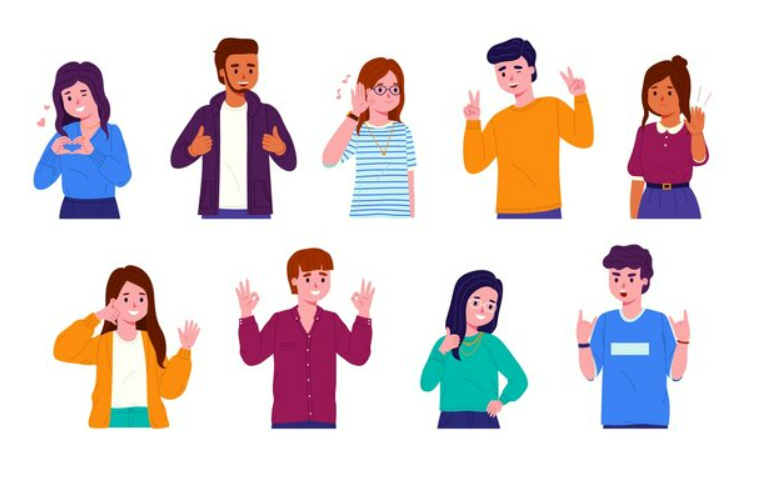
This course will help you build the interpersonal communication skills you need to improve your interaction with others. This module will draw on real-life case studies. Students will work in small groups and emphasis will be placed on analysis, discussion and debate. The focus of class activities will be oral communication. Students will be requested to familiarise themselves with written material prior to some classes. (No prior knowledge of psychology is required to take this course).
Public Speaking (Prof: Erin Tremouilhac)
The world has been shaped by good public speakers, men and women who were able to inspire and lead through persuasive language and a powerful presence. In this course, we will watch and analyse some of the most influential public speeches to understand what made them great. Some of the speakers we will study are Dr. Martin Luther King Jr., JFK, and Winston Churchill.
Students will also write and deliver their own short speeches (at least two during the course) and then receive feedback and comments from the other students. Through the examination of speaking techniques (memorization, body language, persuasive language, etc.), peer review, and practice, the class will acquire all the tools necessary to deliver a clear, effective speech or oral presentation.
Because students will have great liberty in choosing their speech topics--and will be encouraged to speak about subjects they care about--this course should help students learn to effectively communicate their ideas and their passions to an audience.
Somewhere Over the Rainbow Nation (Prof: Krystyna Irvine)
:max_bytes(150000):strip_icc()/GettyImages-545239305-5c4a0934c9e77c000157d3a9.jpg) The aim of this class is for students to have an introduction to this vast nation with a view to understand the South Africa of today. Various activities based on many different sources will be used to favour communication and reflection around the theme of South African identity, such as cinema, documentaries, literature, the dark period of history that is apartheid, speeches, music, sport, etc.
The aim of this class is for students to have an introduction to this vast nation with a view to understand the South Africa of today. Various activities based on many different sources will be used to favour communication and reflection around the theme of South African identity, such as cinema, documentaries, literature, the dark period of history that is apartheid, speeches, music, sport, etc.
This module hopes to create an environment where students will be able to bring to the forefront his or her curiosity, research skills, debates and suggestions of perspectives for the future of the country.
As a final project the students will be asked to work on their written or oral skills by writing a long essay or carrying out a thorough presentation of a topic of interest related to South African issues.
The choice of the subject will be entirely up the students, so long as it is related to South Africa. The choice of the skill used will necessarily be in keeping with the needs of each individual.
Negotiating (Prof: Siobhan Wegeler)
 Have you ever felt that you didn’t get what you wanted because your powers of persuasion were inadequate, your bargaining strategies were weak or you just weren’t prepared to compromise?
Have you ever felt that you didn’t get what you wanted because your powers of persuasion were inadequate, your bargaining strategies were weak or you just weren’t prepared to compromise?
The objective of this option is to provide students with the basic linguistic and strategic tools for participating in a negotiation. To this end, the initial classes will focus on the language structures required to negotiate successfully; students will then use this language in concrete situations. The different phases of a negotiation will also be examined.
The negotiations are based on a series of case studies, simulations and role plays, often with a business flavour (for example, you will be given background information on a specific problem in a company and asked to identify priorities, work out your strategy and tactics in order to negotiate a deal). In this module great emphasis is therefore placed on oral communication and pair work.
This option should appeal to anyone who is interested in using real English to achieve a specific result (and to have fun with language).
Close Encounters (Prof: Cindy Garçon, Semester 2)
Why do some intimate relationships last? 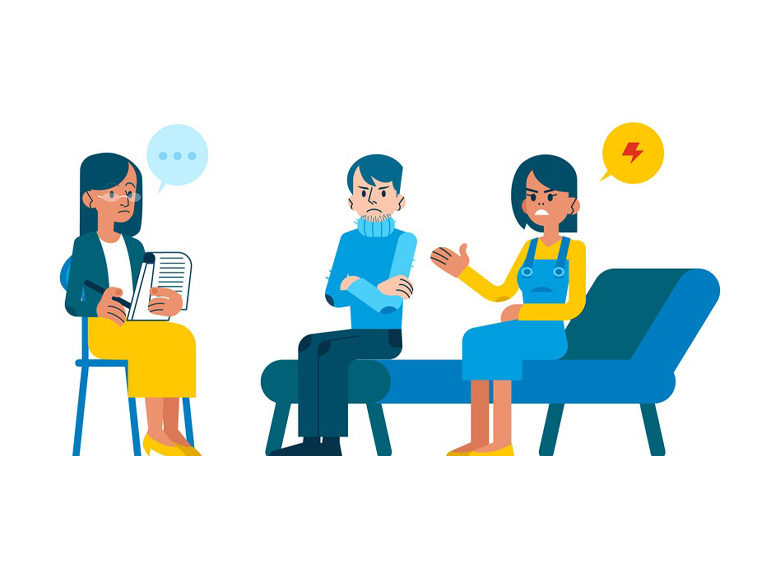
How can you make them last longer?
What is emotional intelligence?
This course discusses the skills and concepts involved in those very “close encounters." Emphasis will be placed on pair work, discussion and debate. No prior knowledge of psychology is necessary. Students will be expected to familiarise themselves with written material prior to class.
Multi-media Yearbook (Prof: Erin Tremouilhac, Semester 2)
 Yearbooks are part of the Anglo-Saxon educational tradition. The books include not only a picture of every student and teacher but also photographs and stories that document the events of the year. In recent years, yearbooks have also been produced in CD-Rom format, which allows for music, animation, and whatever else the yearbook team can come up with. Before the summer holidays, the yearbooks are distributed and often signed by friends and classmates; for years to come, your yearbook will help you remember and reminisce about the people and moments that shaped your school experience. The students in this option will be working to create a SCAN/IBMMAE yearbook for the 2020-21 school year.
Yearbooks are part of the Anglo-Saxon educational tradition. The books include not only a picture of every student and teacher but also photographs and stories that document the events of the year. In recent years, yearbooks have also been produced in CD-Rom format, which allows for music, animation, and whatever else the yearbook team can come up with. Before the summer holidays, the yearbooks are distributed and often signed by friends and classmates; for years to come, your yearbook will help you remember and reminisce about the people and moments that shaped your school experience. The students in this option will be working to create a SCAN/IBMMAE yearbook for the 2020-21 school year.
Yearbook creation involves several skills: organization and leadership, photography, writing, design, and computer skills. Once the team has come up with an overall plan, the staff must meet their deadlines in order to finish the book on time. The yearbook team will have complete creative control over the creation of the yearbook as well as the organization of their staff (you may choose to work on a section of the book, handling all the steps required to create the page; or maybe you would prefer to be a full-time photographer or to handle the computer end). The two teams (one in each 6-week option) will complement each other's work, so that both groups will make equal contributions to the final product.
The option will include an introduction to yearbooks, journalistic principles, and the fundamentals of page design, and I'll be there to help guide the team should they need my help. For the most part, though, you'll be free to work how you want, as long as the project is completed in time. Yearbook creation is challenging, rewarding, but most of all fun, as you create and record the memories that will stay with you for years to come.
Back to the Future (Prof: Krystyna Irvine, Semester 2)
 How do you see the future? Post-Apocalyptic? Sticks and Stones? Optimistic? Utopian?
How do you see the future? Post-Apocalyptic? Sticks and Stones? Optimistic? Utopian?
How will we communicate? How will be be governed? Where will we be? Earth? Mars? Etc.
In this module the students will have the opportunity to present their version of the distant future. However, this interpretation will not be made blindly! We shall use cinema, literature, technological, scientific and social trends as well as generational markers of previous centuries, etc as influences to aid us in our predictions. The students will be able to project themselves into a creative project with a real and concrete base.
The final project will be a group presentation of your interpretation/prediction of the future. Each group will not only have to provide a visual presentation, but also a mini written report citing justifications for their decision(s).
The New Golden Age of Television (Prof : Jeannie Jouffroy, Semester 2)
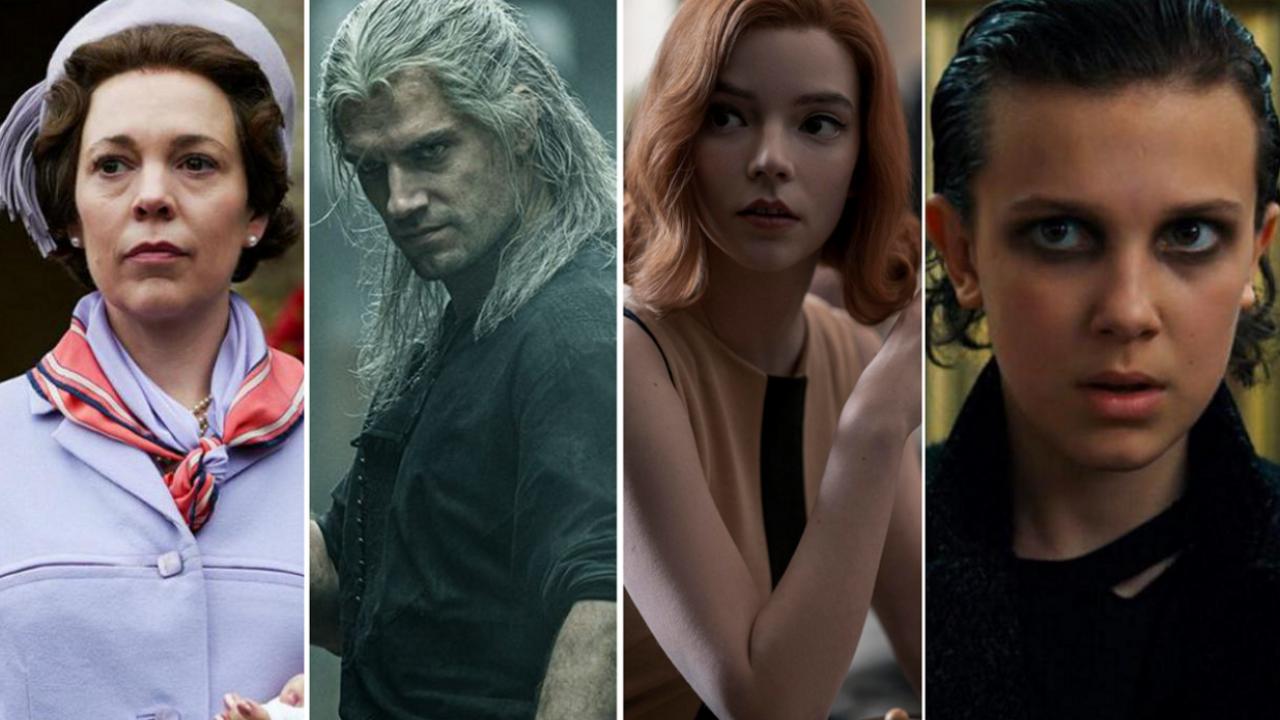 Game of Thrones, True Detective, Dexter... Why are so many of us glued to our favorite series? What does a modern day TV series have in common with a nineteenth century novel? What is the link between the commercial and artistic aspects of TV production? We will look at these questions and learn why the TV of today is so different from the TV of previous generations.
Game of Thrones, True Detective, Dexter... Why are so many of us glued to our favorite series? What does a modern day TV series have in common with a nineteenth century novel? What is the link between the commercial and artistic aspects of TV production? We will look at these questions and learn why the TV of today is so different from the TV of previous generations.
Then we will study several different American TV series to see what they can tell us about American culture. Wealth and poverty, violence, women, men, the family, education, work. Let these shows help you to go beyond the stereotypes and received ideas you have about America and Americans.
You will be graded on your participation in discussions and debates as well as on a final in-class essay.
-
Engineering and Activism (Prof : Jeannie Jouffroy)
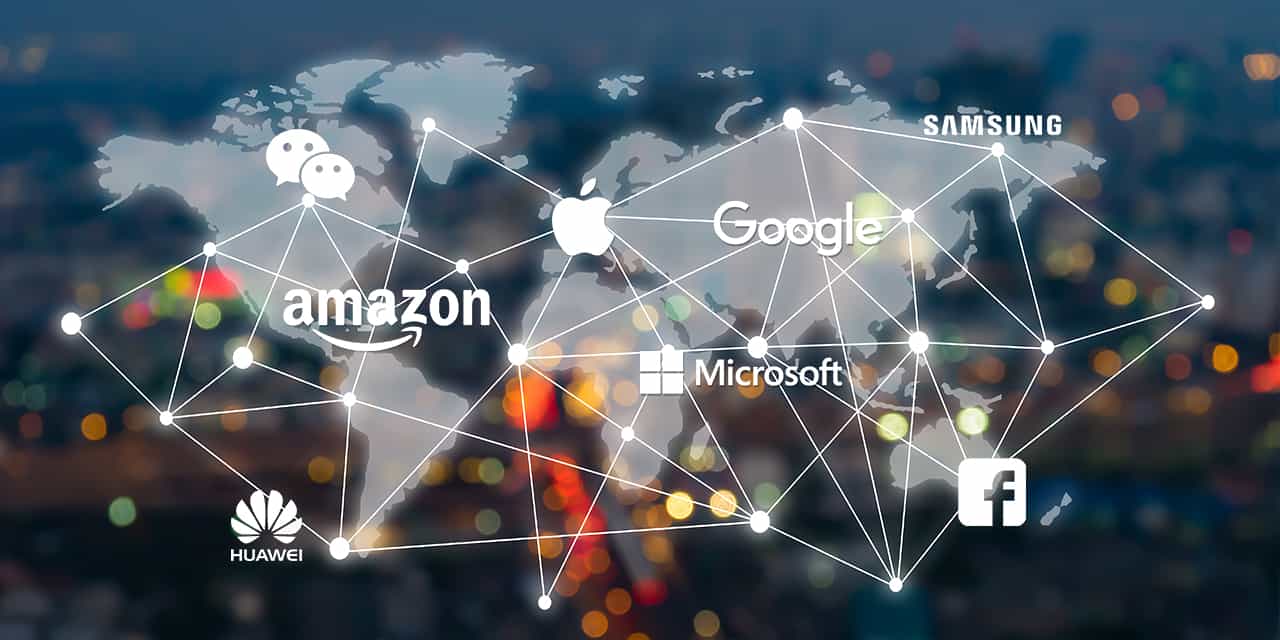 Would you like to make a contribution somewhere, doing something, but you don't know what?
Would you like to make a contribution somewhere, doing something, but you don't know what?
In this course, we will troll the internet to look at the many ways that technology is changing the face of the interactions between the developed and developing worlds. Students will work in small groups to learn about a specific issue (world hunger, clean water, healthcare access, education for girls), the NGOs that deal with that issue and, of course, the ways in which technology and engineering skills can contribute. You will be asked to compare different approaches and to look at these organizations with a critical eye. How do they use the money you contribute? How is the local population involved in the work they do? How have they evolved over time?
We will also study several short video clips used by various organizations to educate and generate support.
As a final project, each group will prepare an oral presentation, complete with powerpoint support, to explain their findings to the class. Using techniques learned from the videos studied (storytelling, humor, shock therapy) the goal of such a presentation is to inform your audience and win their support for your cause (a specific project within the organization of your choice). Following each presentation, the class will be expected to pose challenging questions requiring the presenters to defend their cause.
II. Organization of the section:
- SCAN Media (Prof: Berthold Mader)
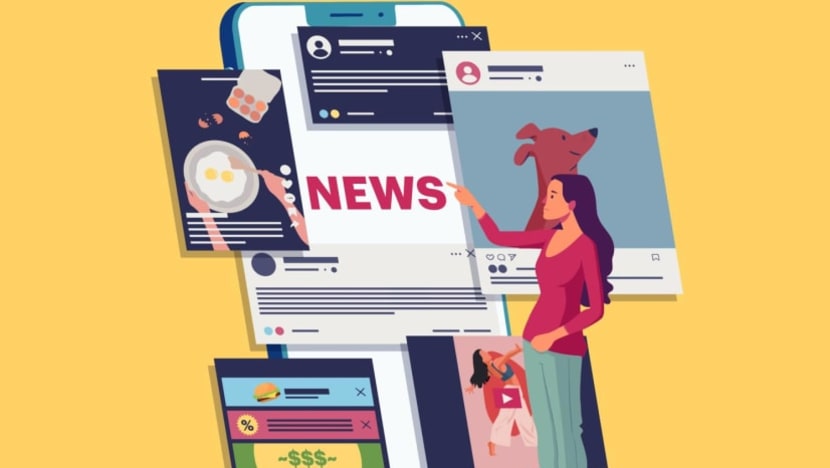 If you love staying in the loop and want to keep your peers informed, unlock your inner journalist and become the eyes and ears of the section with SCAN Media. Dive deep into stories, keep students (and outsiders!) up-to-date with everything that matters in SCAN, on campus and in the world!
If you love staying in the loop and want to keep your peers informed, unlock your inner journalist and become the eyes and ears of the section with SCAN Media. Dive deep into stories, keep students (and outsiders!) up-to-date with everything that matters in SCAN, on campus and in the world!
Web communication, social media, webradio, ... If these words ring a bell to you, be sure that you'll find your place in the option! We will work in small interconnected groups for each medium:-
Social Media: keep the section's student Instagram and TikTok accounts active by publishing posts, stories and creative videos.
-
Website: write content for the SCAN section website to communicate meaningful information with both current and wannabe SCAN students!
-
Radio: record podacts on whatever topic you find interesting and make it available to everyone.
-
- Profiling SCAN(Prof: Lorna Fitzpatrick)
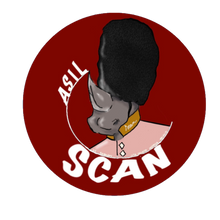 The SCAN section has its own association: the ASIL (Association SCAN de l’INSA de Lyon), created in October 2002. One of its aims is to increase the profile of the SCAN section both within the First Cycle and at INSA in general.
The SCAN section has its own association: the ASIL (Association SCAN de l’INSA de Lyon), created in October 2002. One of its aims is to increase the profile of the SCAN section both within the First Cycle and at INSA in general.With these aims in mind, in this Option you will work on a variety of projects such as:
Taking part in the organisation of SCAN events (WISC, Barbecue, K-Fêt events…) and creating SCAN goodies (new hoodies/tee-shirts, eco-cups…) (Orga SOFT)
Producing promotional material (trailers, short videos, Instagram posts, Facebook page) to tell future students about these programmes.
Brainstorming fundraising initiatives which can then be put to the ASIL board for approval (crepes sales, food…)
Organising the election of a “bureau” of students who will be in charge of organising and co-ordinating the SCAN events and social activities. The bureau will be composed of: a president, a vice-president/secretary, a treasurer, a communication manager and an event manager (Orga HARD)

